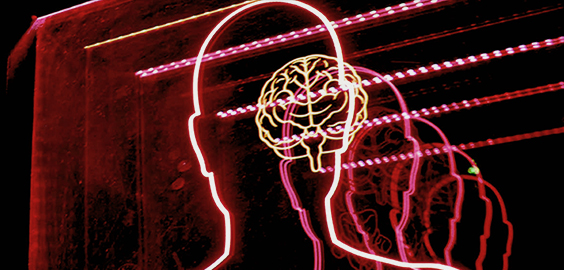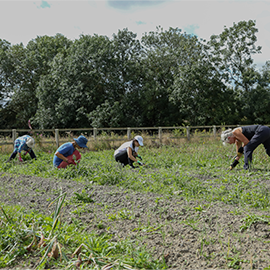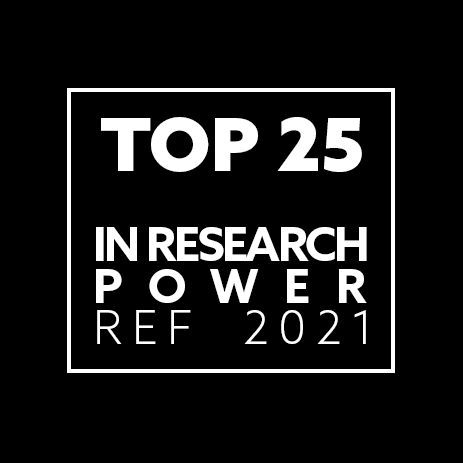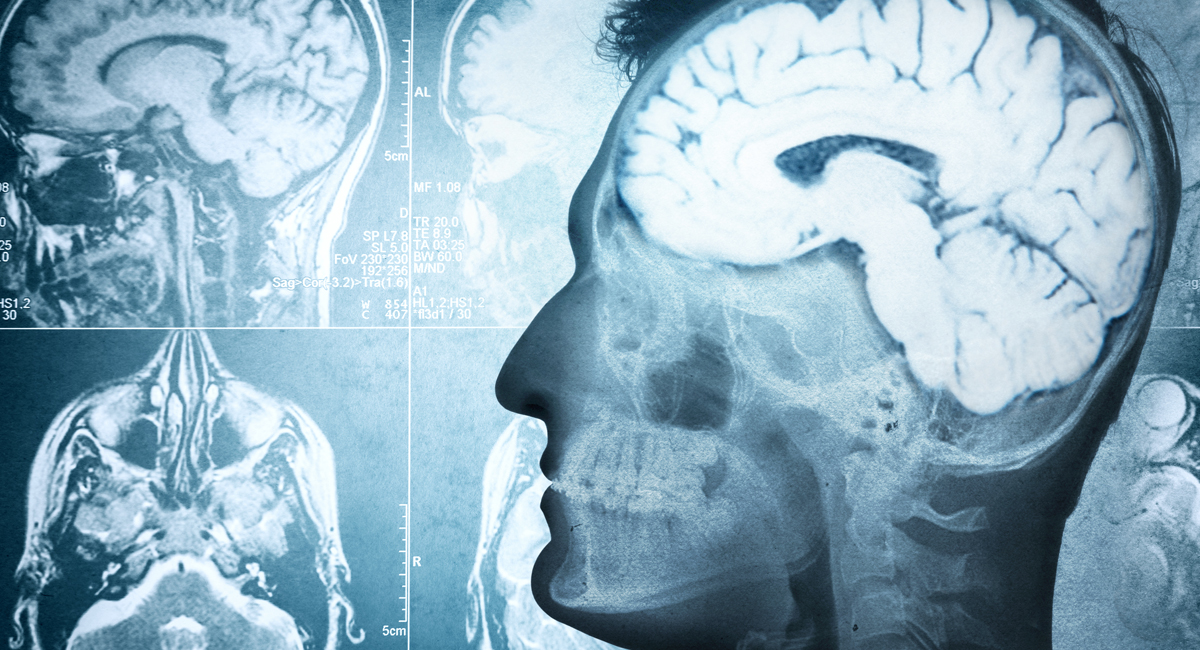How does Psychology and Criminology at Northumbria University help with employability?
Exploring the application of psychology and criminology to the real world, you will develop core transferable skills such as communication, independent learning, reflection, problem solving and awareness of ethics that are essential in the psychology sector.
You will be able to tailor the subject of your final year research project to suit your career aspirations and build key skills in time and project management, communicating with a range of audiences, ethical awareness, and data analysis which, again, are valuable to employers.
How will studying at Northumbria prepare you for the future?
The Psychology and Criminology degree at Northumbria is designed to not only develop your understanding of psychology and criminology but also your valuable self-development skills such as critical thinking, communication, problem-solving, interpersonal skills and teamwork. You will graduate with practical experience, analytical and research skills along with the confidence and independent learning ability that will stand you in good stead for a variety of careers.
With the opportunity to apply for Graduate Membership of the British Psychological Society (BPS) you can take your first steps to becoming a Chartered Psychologist and follow a career path into research, education or specialisms in psychology, and with the option to work in the criminal justice system.
 Option for Placement Year
Option for Placement Year Option for Study Abroad
Option for Study Abroad































